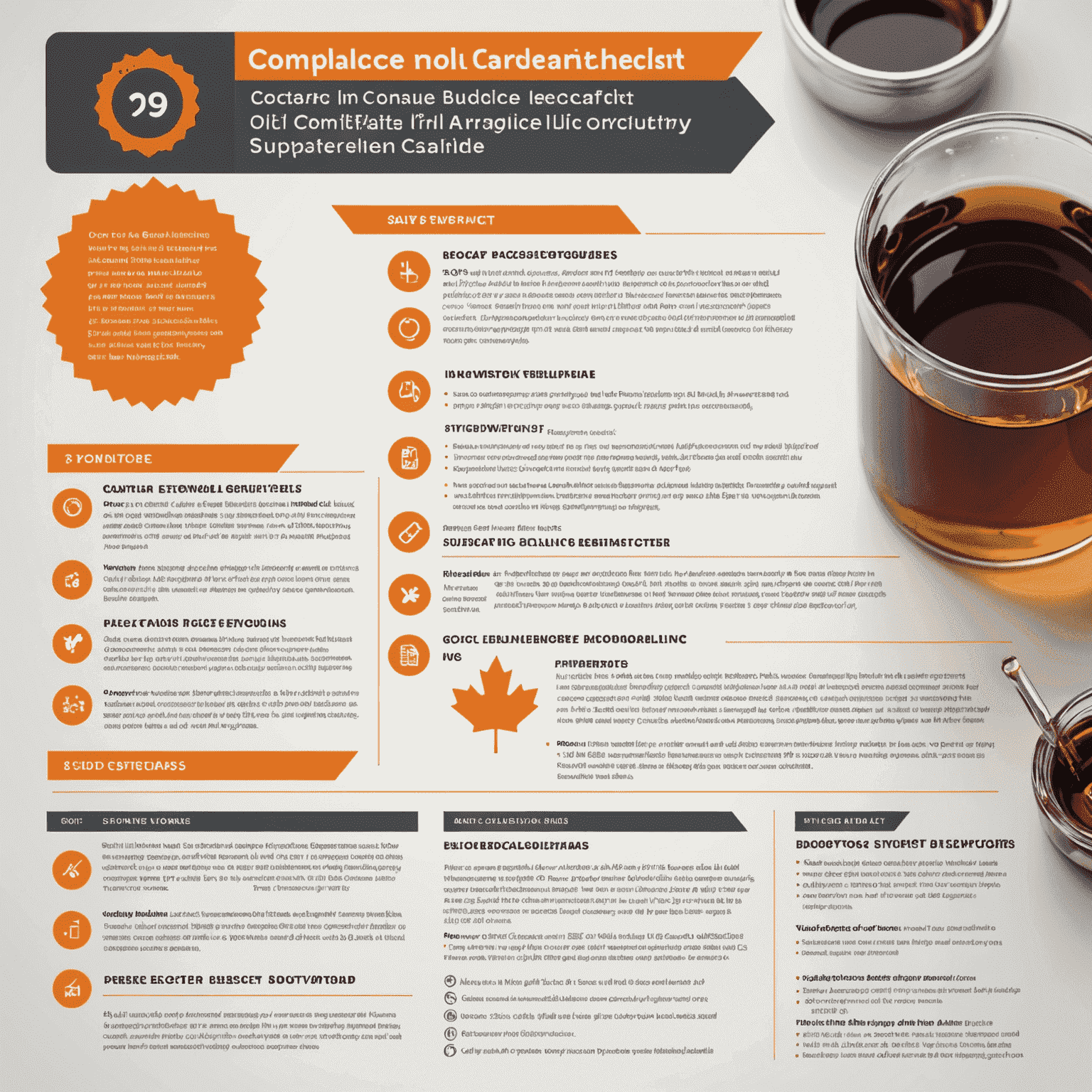Navigating Canadian Regulations in Oil Supply

For suppliers aiming to work with oil companies in Canada, understanding the complex regulatory landscape is crucial. This guide will help you navigate the permits, compliance requirements, and best practices for oilfield supplies and services in the Canadian market.
Key Regulatory Bodies
In Canada, several organizations oversee the oil and gas industry:
- Canada Energy Regulator (CER)
- Provincial regulators (e.g., Alberta Energy Regulator)
- Environment and Climate Change Canada
- Natural Resources Canada
Essential Permits and Licenses
Suppliers must obtain various permits depending on the nature of their services:
- Business Registration and Licensing
- Environmental Permits
- Safety Certifications
- Transportation of Dangerous Goods (TDG) Certification
- Import/Export Permits for specialized equipment
Compliance Requirements
Staying compliant involves adhering to:
- Canadian Environmental Protection Act (CEPA)
- Occupational Health and Safety Regulations
- Provincial Oil and Gas Conservation Acts
- Canada Labour Code

Best Practices for Suppliers
- Develop a robust Environmental Management System (EMS)
- Implement stringent quality control measures for oilfield supplies
- Maintain detailed documentation of all processes and transactions
- Invest in regular training for staff on regulatory updates
- Engage with local communities and indigenous groups
Navigating Provincial Differences
Be aware that regulations can vary between provinces. For instance:
- Alberta: Stricter regulations on water usage in oil sands operations
- British Columbia: Emphasis on LNG development and associated regulations
- Newfoundland and Labrador: Focus on offshore drilling regulations
Staying Updated
The regulatory landscape is dynamic. Stay informed through:
- Industry associations like the Canadian Association of Petroleum Producers (CAPP)
- Government websites and newsletters
- Professional development courses and workshops

Conclusion
Navigating the Canadian regulatory landscape for oil industry suppliers requires diligence, continuous learning, and a commitment to compliance. By understanding and adhering to these regulations, suppliers can build strong, lasting relationships with oil companies while contributing to the sustainable development of Canada's energy sector.
Remember, this guide provides a general overview. Always consult with legal and regulatory experts for specific advice tailored to your business in the oilfield supplies and services sector.